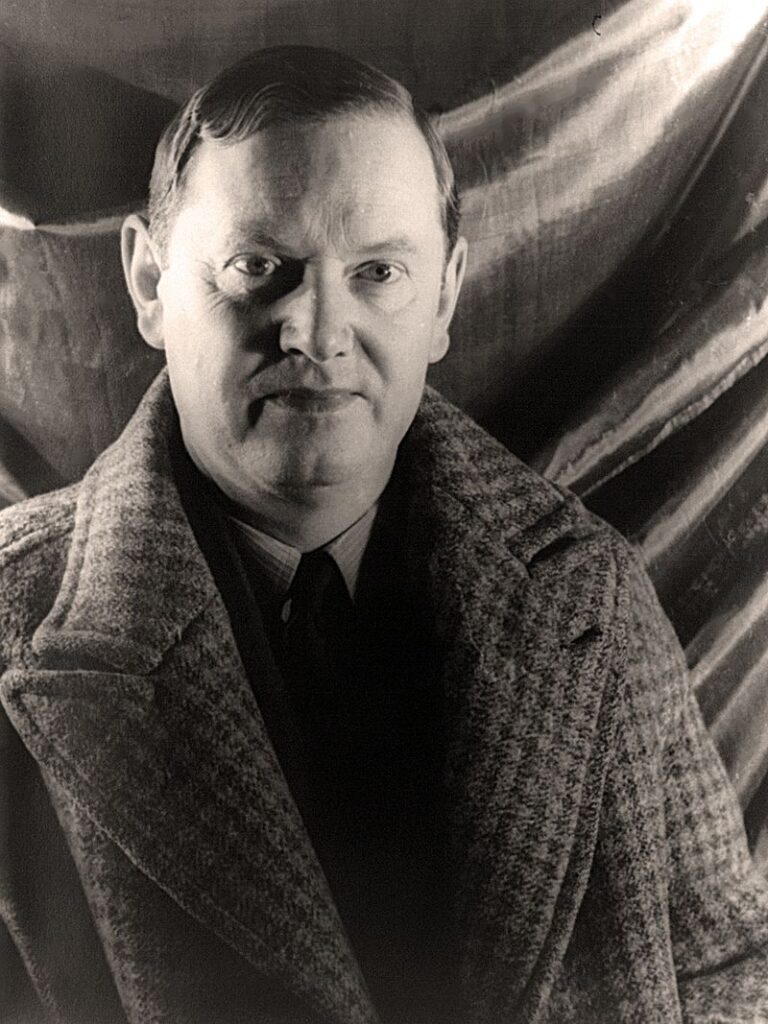 I’m officially a student again. Unable to decide which course to select, I enrolled in two summer courses offered by Memoria College. The first covers the philosophy and pedagogy of Classical Education, taught by the inimitable Martin Cothran, a colleague and friend whose clear thinking never fails to inspire. The second course opens the world of Evelyn Waugh via a study of Brideshead Revisited (1945). It is led by Tracy Lee Simons, a genial scholar celebrated for his literary prowess and his beautifully persuasive discourse on Latin and Greek entitled Climbing Parnassus.
I’m officially a student again. Unable to decide which course to select, I enrolled in two summer courses offered by Memoria College. The first covers the philosophy and pedagogy of Classical Education, taught by the inimitable Martin Cothran, a colleague and friend whose clear thinking never fails to inspire. The second course opens the world of Evelyn Waugh via a study of Brideshead Revisited (1945). It is led by Tracy Lee Simons, a genial scholar celebrated for his literary prowess and his beautifully persuasive discourse on Latin and Greek entitled Climbing Parnassus.
Suffice it to say that I had never knowingly read a word of Waugh, although I carry an embarrassing memory of piping up in some kind of official setting to ask a question about “her” novels. With so much Russian, German, and American literature to cover, why would I want to spend time on Waugh? Or so my thinking went.
Yet, there is a particular thrill in embarking on a study that takes us into an unknown world, particularly one we did not plan to discover. T. S. Eliot said it quite forcefully:
No one can become really educated without having pursued some study in which he took no interest—for it is part of education to learn to interest ourselves in subjects for which we have no aptitude.
Do you remember groaning upon finding yourself enrolled in a study not of your choosing? For that matter, I suspect many parents are parsing through this same conundrum right now as they begin a journey with their children through the halls of alternative education (homeschooling, co-op schooling, and blended education).
But back to Waugh. He and I now have met and, goodness, what a writer! I’m gobbling up Brideshead Revisited the way a child devours a peanut butter and jelly sandwich. How sleekly Waugh funnels impossible doses of our cultural and philosophical heritage into lightly rendered descriptions of places, people, and thoughts. Brideshead Revisited is often described as “dense”; to me, though, it seems more like a crystal basin overflowing with Waugh’s stunning microscopic and encyclopedic knowledge.
Quotes do not always work in isolation, yet I cannot resist. I have howled over his one-liners, such as when a character asks the novel’s hero, Charles, to defend his devotion to another principal character, Sebastian:
Tell me candidly, have you ever heard Sebastian say anything you have remembered for five minutes?
Another passage that won’t leave me comes from early on when an experienced cousin arrives to give the young Charles advice as to how to handle his first term at Oxford. That visit had been preceded by the cousin visiting Charles’ imposing, emotionally detached father. Waugh places the following comment in the cousin’s mouth:
I wanted to talk about Etruscan notions of immortality; he wanted to talk about extension lectures for the working-class; so we compromised and talked about you.
Waugh led a life characterized by personal complexity, powerful accomplishments, and increasing seclusion. Existing interviews with him are usually presented through the lens of him as a “difficult” man. While that may have been the case, his responses are riveting, enchanting, like the mechanism of a beautiful clock.
One of the extraordinary things about America is the way adults can partake of learning. In fact, I joke that, with the proper preparations, even I could gain entrance to a law or medical school at this point in my life.
But it’s true. Furthermore, adults make the best students. Maturity and experience give them an edge that young people rarely have. Institutions like Memoria College (for whom I also teach ), as well as sister organizations like Classical Academic Press’s Classical U and Circe Institute’s Apprentice Programs, are premised on this fact as they invite a phalanx of adults across the globe to take a personal leap into the educational renewal. These adult students are selecting studies that may have been unavailable in their student years (Latin, Greek, rhetoric, logic) or are embarking on literary, theological, historical, and philosophical journeys close to their hearts.
Amidst so much that is distressing in today’s world, the power of learning still shines its proverbial light. Whether your light for learning is fueled by undertaking a formal study of The Iliad or by watching your first-grader’s eyes electrify upon realizing that six plus six really is twelve, autumn and a new academic year is fast approaching. With it will come new chances, as well as old challenges. May you and your family leap into the fray with a renewal of determination and an abundance of joy.




Carol not as good but public TV did a beautiful serial of Brideshead Revisited several years back. STILL AVAILABLE ON cd’s. VISUALLY and musically lovely.
This classical musician had an LP recording of the music from the above mentioned film, thoroughly enjoying hearing it repeatedly. Worth checking out the film and its music.
I’m so glad you’re loving Waugh. I read Brideshead Revisited just a few years ago and also fell in love. So many images have stayed with me — I’m looking forward to reading it again when the moment is right.